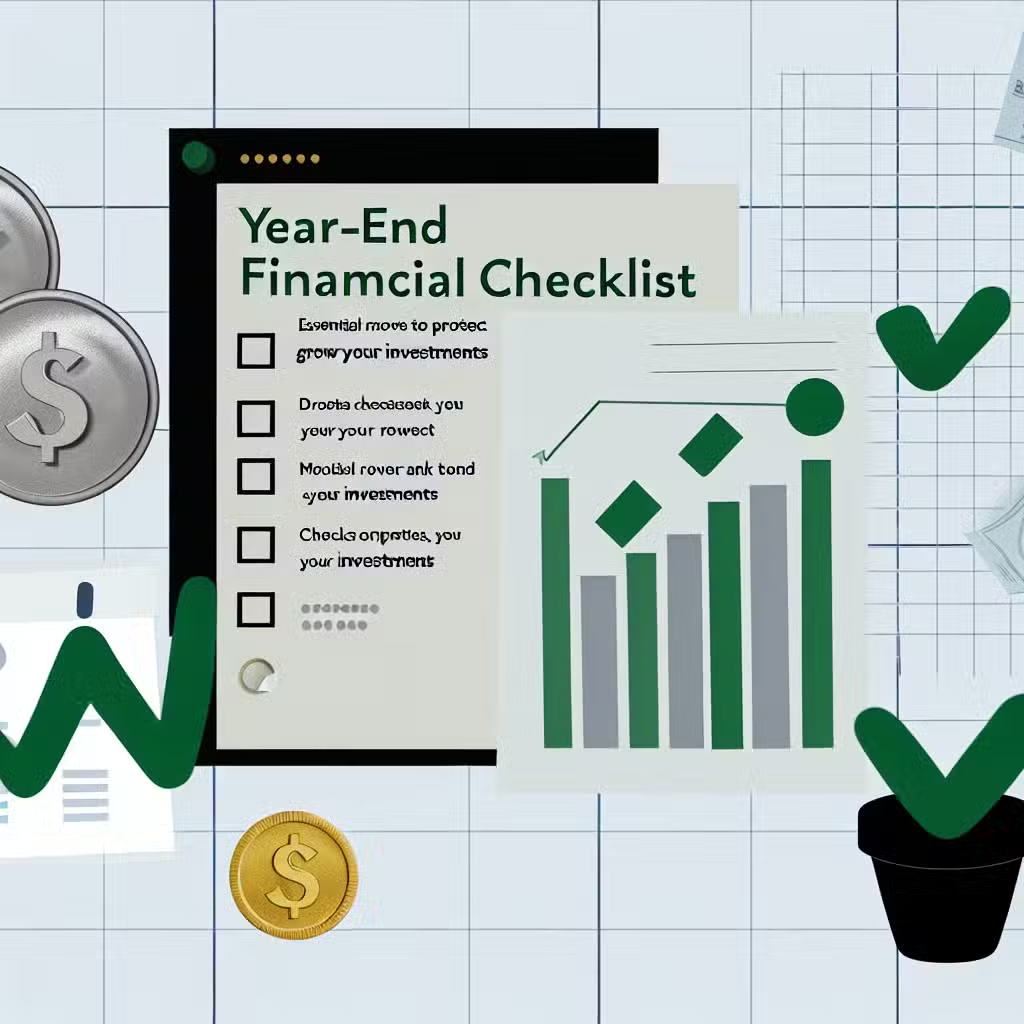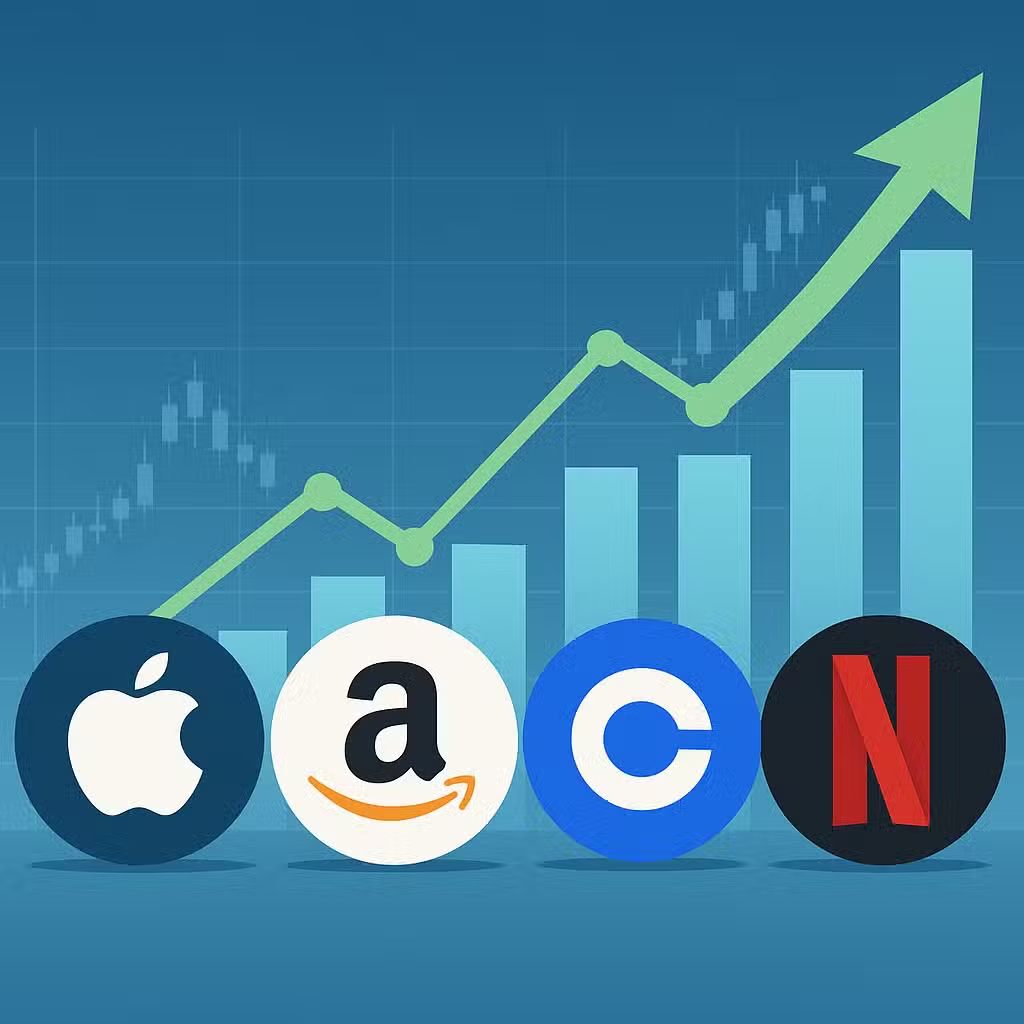Year-End Financial Checklist: Essential Moves to Protect and Grow Your Investments
Getting your finances ready for the end of the year is like tuning up your car before a long trip—you want everything running smoothly so you don’t run into trouble down the road.
Why Year-End Financial Planning Matters for Investors
As the year wraps up, it’s a smart time to check your finances. You have real numbers—like your income and what you’ve spent—so you can make better choices. This is especially important for investors who want to avoid surprises and make the most of their money.
Planning now can help you manage your taxes, keep your portfolio balanced, and avoid holiday debt that could throw off your goals in 2026. According to a LendingTree survey, 36% of Americans took on holiday debt last year, with an average of $1,181 each. That can really add up!
Bull Case: Reasons to Get Ahead
- Tax Savings: Some tax moves, like using the new $40,000 SALT deduction cap or delaying small charity gifts, can save you money if you act before December 31.
- Clearer Picture: By fall, you know your real income and spending, so you can plan more accurately for taxes and investments.
- Budget for Holidays: Planning now helps you avoid overspending and starting the new year in debt.
- Better Investment Moves: Reviewing your portfolio now lets you rebalance or take gains/losses before the year ends—a classic strategy for investors.
Bear Case: Risks of Waiting or Overlooking Details
- Missed Tax Opportunities: Many tax strategies only count if you act before December 31. Waiting too long can mean missing out.
- Holiday Debt Trap: Without a plan, it’s easy to overspend during the holidays. About 41% of people worry gifts will cost more this year, according to Bankrate.
- Ignoring Big Picture: Focusing only on one year at a time can mean missing smarter long-term moves, like when to make charitable gifts or pay certain taxes.
- Market Surprises: Not checking your portfolio could leave you unprepared for end-of-year market swings or tax changes.
Key Data and Credibility
It’s not just about avoiding debt—historically, investors who review their finances at year-end tend to make better decisions. For example, a Fidelity study found that households who do annual financial checkups are more likely to hit their savings goals. And with new tax laws, such as the increased SALT deduction for 2025, being informed now can make a big difference.
Investor Takeaway
- Check your numbers: Use real income and spending data to plan smarter for taxes and investments.
- Act before year-end: Take advantage of new tax rules and strategies before December 31 for the best results.
- Set a holiday budget: Decide now how much you’ll spend so you don’t start 2026 in debt.
- Review your portfolio: Make sure your investments are balanced and ready for the new year.
- Think long-term: Don’t just focus on this year—look for moves that help you in 2026 and beyond.
Being proactive now helps you avoid stress later and keeps your financial journey on the right track. Treat your finances like a car—give them a tune-up before the year ends, and you’ll be ready to cruise into the new year with confidence.
For the full original report, see CNBC







